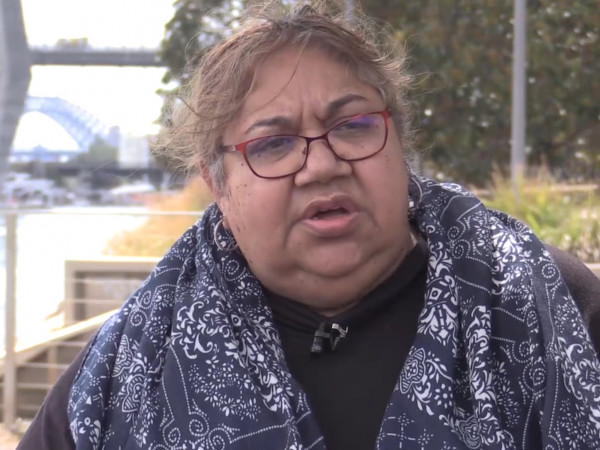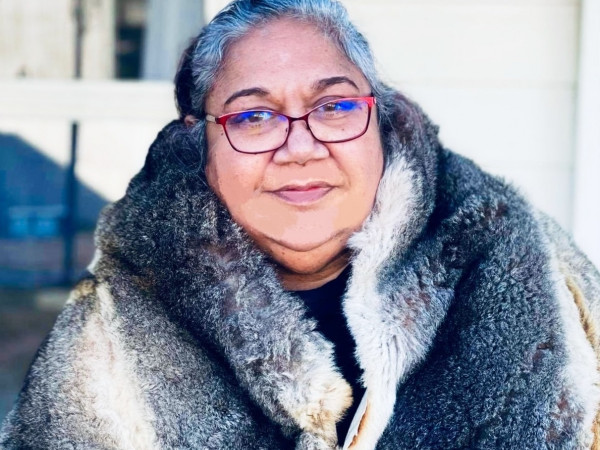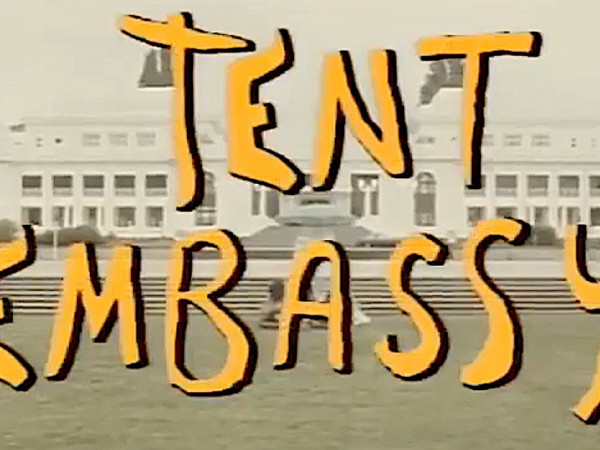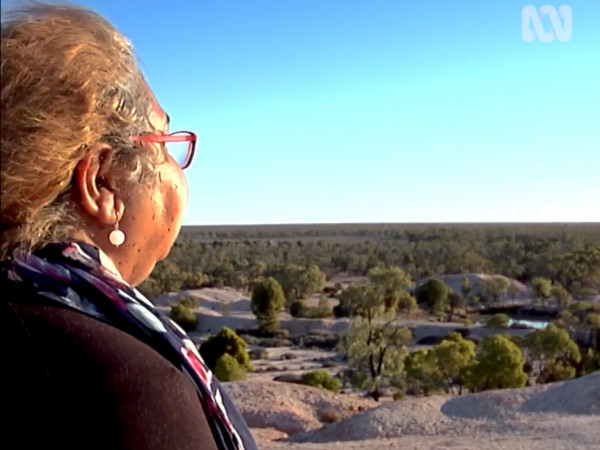Frances Peters-Little
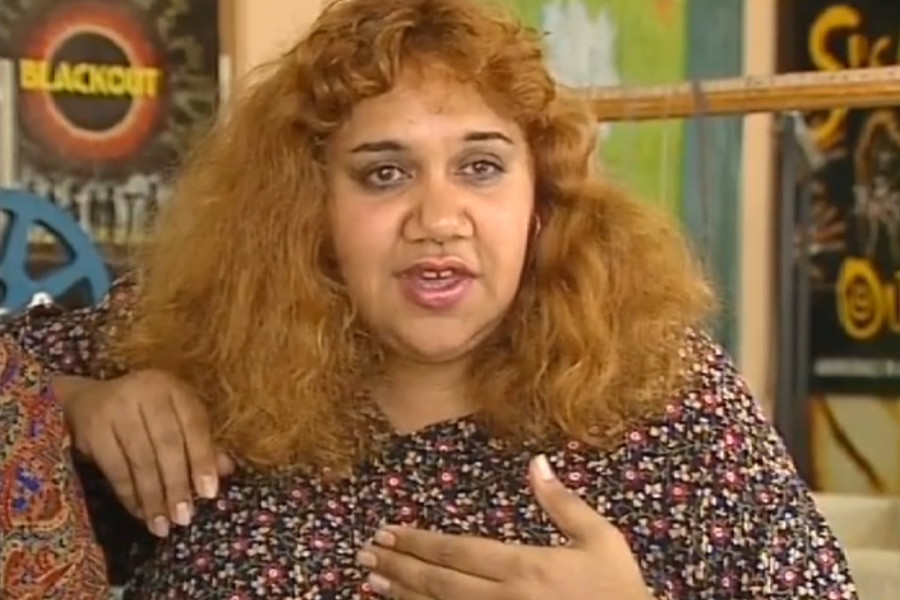
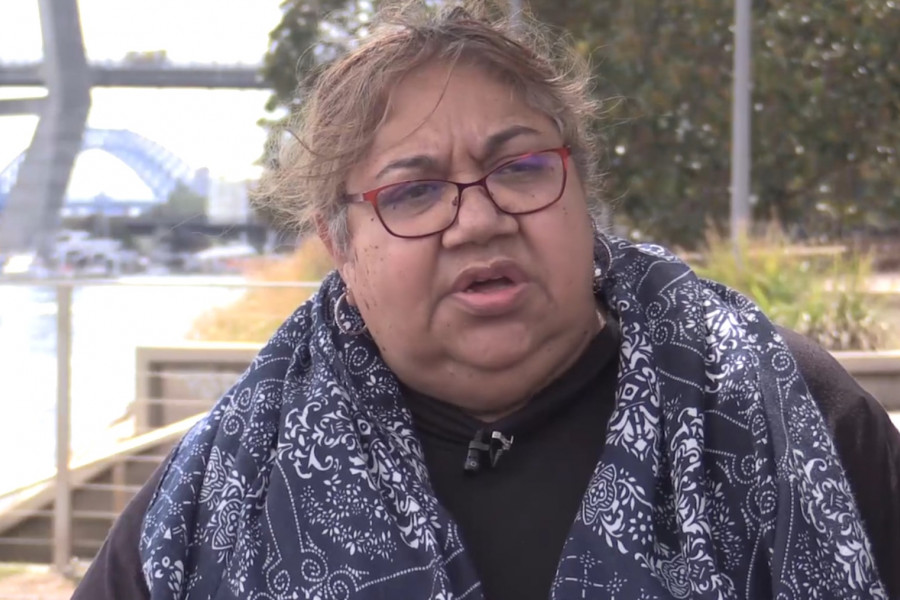
Frances is a Yuwaalaraay/Gamilaraay woman. She is a filmmaker, historian, author and musician. Her most-recognised films are Vote Yes for Aborigines (2007) and Tent Embassy (1992). Publications are, Passionate Histories: Myth, Memory & Indigenous Australia, co-edited with A. Curthoys J. Docker (ANU Press, 2010); Indigenous Biography and Autobiography, co-edited with P. Read and A. Haebich (ANU Press, 2008); and ‘Exchanging Histories’, Aboriginal History 30 (2006), co-edited with A. McGrath and I. Macfarlane.
Today Frances is living back in Lightning Ridge on her traditional country which is opal country. She currently is writing a biography about her father - the singer Jimmy Little - and a self-fictionalised autobiography.
Her interview for Satellite Dreaming Revisited was recorded at Glebe Point in Sydney in March, 2018
'We aren't going to be homogenised…' (interview with full transcript & links here)
"I got into television really by accident…"
"…the time I went over there for the interview…"
"Then, the second series … came around…"
"Yes, some of the constraints of working at that time…"
"After … Blackout, I worked on a couple of episodes…"
"…I'm looking at Satellite Dreaming, and some of the things that were coming through there…"
"In the beginning, back in those days in the late 80s…"
At the time of her interview in Satellite Dreaming, Frances worked in the Aboriginal Programs Unit at the ABC.
It’s still like you’ve got to run to a non-Aboriginal person to make decisions about Aboriginal people. And ethically that’s wrong, and also it’s not as effective.
We’re being very realistic, and we know that the Aboriginal person who takes the position of an executive producer, or whatever, for our unit, has got to be someone who not only knows us, but they have to be somebody who can know the ABC.
We need to be more in contact with more community-based film-makers, or you know, artists or whatever, to give us, sort of like more of an influence within mainstream. Because one of these days, most Australian people will get to see the sort of programmes that Aboriginal people have complete control over, and they’ll be able to really see what an Aboriginal perspective is. At this moment we know we’re compromising, so that they’ll swallow what we have to say.

